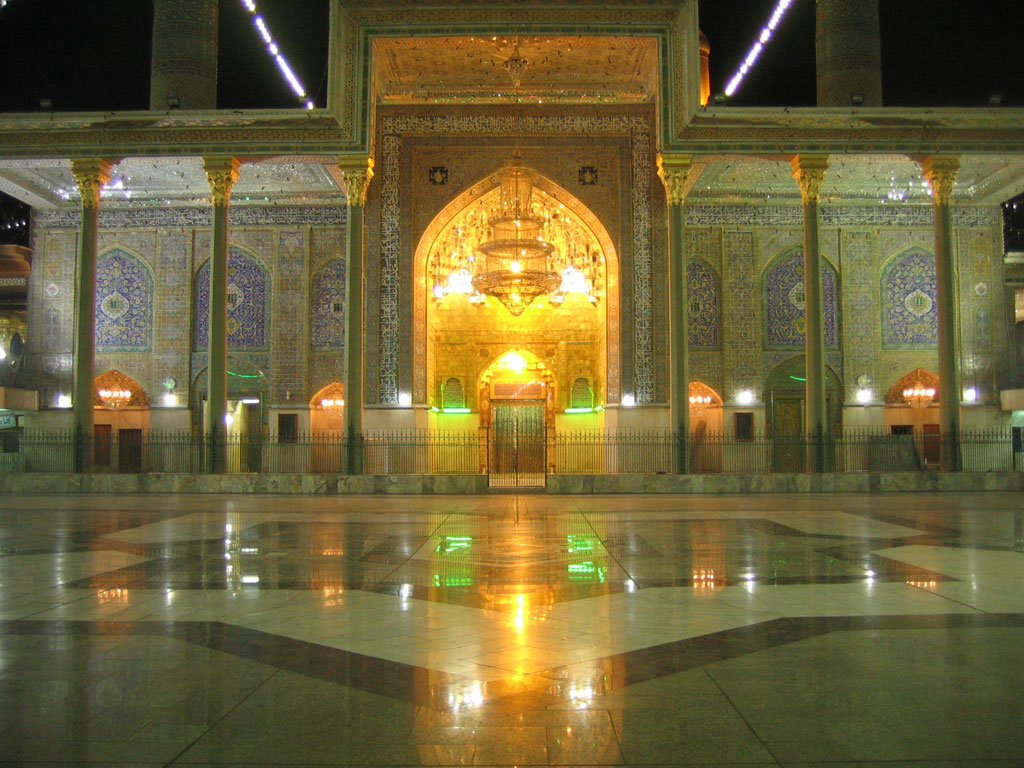
The martyrdom of Imam Musa al-kazim (peace be upon him) holds profound significance within the Islamic faith, particularly among Shia Muslims. Imam Musa al-kazim, the seventh Imam in the Shia lineage, was born in 745 AD in Medina, during the Abbasid caliphate. He was the son of Imam Jafar al-Sadiq and Hamidah Khatun, inheriting a legacy of piety and knowledge.
Imam Musa al-kazim’s life was marked by unwavering devotion to Islam despite facing numerous trials and tribulations. He emphasized the importance of education and established centers of learning where students from far and wide sought knowledge under his tutelage. His teachings spanned various disciplines, from theology and jurisprudence to ethics and spirituality, enriching the intellectual fabric of the Muslim world.
Moreover, Imam Musa al-kazim exemplified compassion and social justice, advocating for the rights of the oppressed and marginalized. He stood against tyranny and oppression, even at great personal risk, earning admiration and respect from his followers.
However, Imam Musa al-kazim’s commitment to justice and truth incurred the ire of the Abbasid rulers, who viewed his growing influence as a threat to their power. In 799 AD, he was unjustly arrested and imprisoned by Caliph Harun al-Rashid on false charges of treason.
Despite enduring years of incarceration and mistreatment, Imam Musa al-kazim remained steadfast in his faith and continued to inspire his followers with his patience and resilience. He used his time in confinement to impart wisdom and guidance to his companions, leaving behind a legacy of faith and fortitude.
Death of Musa al-Kazim(A.S.)
Tragically, Imam Musa al-kazim’s life was cut short when he was poisoned to death by the orders of Caliph Harun al-Rashid. His martyrdom in 799 AD marked a profound loss for the Muslim community, yet his memory endured as a symbol of resistance against oppression and injustice.
In conclusion, Imam Musa al-kazim’s shahadat remains a poignant reminder of the ongoing struggle for justice and righteousness in the face of adversity. His life and teachings continue to inspire millions of Muslims worldwide, serving as a beacon of guidance and enlightenment for generations to come. May we honor his memory by upholding the values of compassion, knowledge, and justice in our lives.
“Frequently Asked Questions“
Who was Imam Musa al-kazim and why is he significant in Shia Islam?Imam Musa al-kazim, the seventh Imam in Shia Islam, was known for his piety, knowledge, and commitment to justice. He is significant for his role in spreading Islamic teachings and guiding the Shia community during a tumultuous period in Islamic history.
Who was Imam Musa al-kazim and why is he significant in Shia Islam?
Imam Musa al-kazim, the seventh Imam in Shia Islam, was known for his piety, knowledge, and commitment to justice. He is significant for his role in spreading Islamic teachings and guiding the Shia community during a tumultuous period in Islamic history.
How did Imam Musa al-kazim’s imprisonment and martyrdom impact the Shia Muslim community?
Imam Musa al-kazim’s imprisonment and eventual martyrdom at the hands of the Abbasid rulers served as a rallying cry for the Shia Muslim community. It reinforced their commitment to the principles of justice and resistance against tyranny. His martyrdom further solidified his status as a revered figure in Shia Islam.
What lessons can be learned from the life and legacy of Imam Musa al-kazim?
The life of Imam Musa al-kazim teaches valuable lessons about perseverance, patience, and steadfastness in the face of adversity. His commitment to knowledge, justice, and compassion serves as an inspiration for Muslims to uphold these values in their lives and communities.

